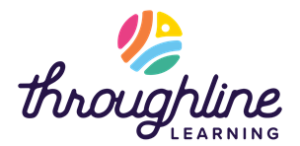5/11: Welcome to this week’s USDLA Brief
|
|
|
Hello USDLA friends!
In this week’s Brief: We share information about two amazing presentations that will be featured at the 2023 USDLA National Conference in Orlando, FL, on July 17-20. Click here to join us!
Scroll down to learn:
- Chat GPT is Great for Higher Education: Techniques to Improve Online Programs and Team Efficiency with presenter Joseph Evanick, Director, Graduate Instructional Design, Geisinger College of Health Sciences
- It Ain’t Wrong to Say with presenter Gabriela Johnson, Academic Program Coordinator, Walden University
If you missed it: We are thrilled to announce our International Distance Learning Award Winners! Click here to read our official press release. (Correction: Rising Star Winner Meina Zhu is currently with Wayne State University not Indiana University as noted in the release)
And be sure to attend tomorrow’s USDLA Free Friday Webinar: Partnering to Care for the Well-Being Needs of your Campus Community, presented by Emily Pettit, Vice President of Strategic Partnerships, The Virtual Care Group.
Scroll down for details, and click here to register.
We’ll talk again next Tuesday in our USDLA News of the Week! — Valary Oleinik, chair, USDLA National Conference 2023
|
|
| USDLA National Conference Presentation:
Chat GPT is Great for Higher Education; Techniques to Improve Online Programs and Team Efficiency
|
|
|
Presenter: Joseph Evanick, Director, Graduate Instructional Design, Geisinger College of Health Sciences
Session: Chat GPT has taken higher education by storm, frightening many educators and administrators. Rather than ban the tool, we should use it to our advantage. Chat GPT is excellent for higher education in multiple ways. It can improve our online programs and enhance our team’s efficiency. The launch of Chat GPT has many higher education administrators and educators concerned, but they shouldn’t be.
Courses must be updated if this technology allows students to cheat on assignments or exams. Institutions should fully move away from the old days of lecture-driven education assessed by essays or multiple choice exams, which have been out-of-date for a while, and there are far more effective alternatives.
One opportunity is to implement active learning in courses. Instructional design teams can also use Chat GPT to improve efficiency in several ways. Chat GPT can quickly develop scenario-based learning assignments such as case studies. Chat GPT can also be used to write learning objectives.
Anything generated by Chat GPT will surely need to be checked for quality; it could be better, but fixing Chat GPT’s mistakes is often much quicker than creating case studies or learning objectives from scratch. As we move into the future and Chat GPT becomes more robust, its uses will only expand within higher education and instructional design.
Don’t miss it: Click here to view the conference schedule.
|
|
USDLA National Conference Presentation:
It Ain’t Wrong to Say
|
|
|
Presenter: Gabriela Johnson, Academic Program Coordinator, Walden University
Session: Standard English (SE) is one of many dialects of English in the USA, each with complex grammar rules. Historically, however, a lack of mastery of SE has been seen as a deficit in education or, worse, in intelligence.
In academia, this misconception has translated into evaluating tools like rubrics so that students who have had little or no experience practicing SE and who then understandably struggle with the scholarly version of SE: Standard Academic English (SAE) can be penalized excessively.
A student’s cultural language cannot be separated from their identity, and it can allow them to communicate meaningfully and effectively. Yet, in higher education, the uncritical promotion of SAE can marginalize students, especially students of color and multilingual students. The focus on mechanics over meaning unduly burdens student learning, particularly in undergraduate programs. SAE should be taught and framed as an academic and professional tool.
Written demonstration of critical thinking skills, mastery of content, consideration of audience, and ability to express ideas clearly should supersede close adherence to SAE in students’ evaluations. This presentation will discuss linguistic diversity, how it celebrates students’ linguistic variants, and how it can help faculty practice equity and compassion in their classrooms.
Don’t miss it: Click here to view the conference schedule.
|
|
USDLA FREE FRIDAY WEBINAR:
May 12, 2023 • 1-2 pm ET
|
|
|
Topic: Partnering to Care for the Well-Being Needs of Your Campus Community
Presenter: Emily Pettit, Vice President of Strategic Partnerships, The Virtual Care Group
Session: Almost 50% of 2022 entering college students report being “Mentally Exhausted” (BCSSE, 2022) as they begin college. With the increase in student need running head first into the employee Great Resignation/Quiet Quitting, sustainable solutions are complicated. This session will highlight the national data on campus wellness, review a telehealth partnership case study and share some resources for caring for your campus community.
About Emily: I have served on the Student Services frontline for 25 years at 2-the and 4-year institutions, most recently as the Associate Vice President for Student Success and Title IX Coordinator at a university in Georgia. Using my degrees in Psychology and Counseling, I have enjoyed developing and implementing initiatives supporting student success – carefully attending to wellness and retention concerns. As the new Vice President of Strategic Partnerships at the Virtual Care Group, I shift my care and concern for students from the micro level (on campus) to the macro level (supporting colleges nationally) to focus on the well-being of ALL college students. Click here to register!
|
|
| Thank You to Our National Sponsors
D2L, Instructure, JDL Horizons, Poly, TSU, TEDU, Verizon, Edu Alliance Group, Harmonize, FDLA, IAP, IPX, Nearpod, ViewSonic, Wolfvision, Yellowdig, Anatomage, Arizona Telemedicine Program and Southwest Telehealth Resource Center, Huddly, NC Sara, Proctorio, Simple Syllabus, VDO360, VirtualCare, Waldorf University, XanEdu, Merlot, IntelliBoard, FlexPoint, Logitech, Skills Commons, BocaVox, PIP, Upswing, Yahama Unified Communications,
|
|
| Thank you for supporting USDLA, our Sponsors, and our State Chapters.
Eric Jones, President
Chuck Sengstock, President-elect
About United States Distance Learning Association (USDLA)
The USDLA, a 501(c) 3 non-profit association formed in 1987, reaches 20,000 people globally with sponsors and members operating in and influencing 46% of the $913 billion. U.S. education and training market. USDLA promotes the development and application of distance learning for education and training and serves the needs of the distance learning community by providing advocacy, information, networking, and opportunity. Distance learning and training constituencies served include pre-K-12 education, home schooling, higher education, and continuing education, as well as business, corporate, military, government, and telehealth markets. Visit USDLA.org
|
|
|
|
|






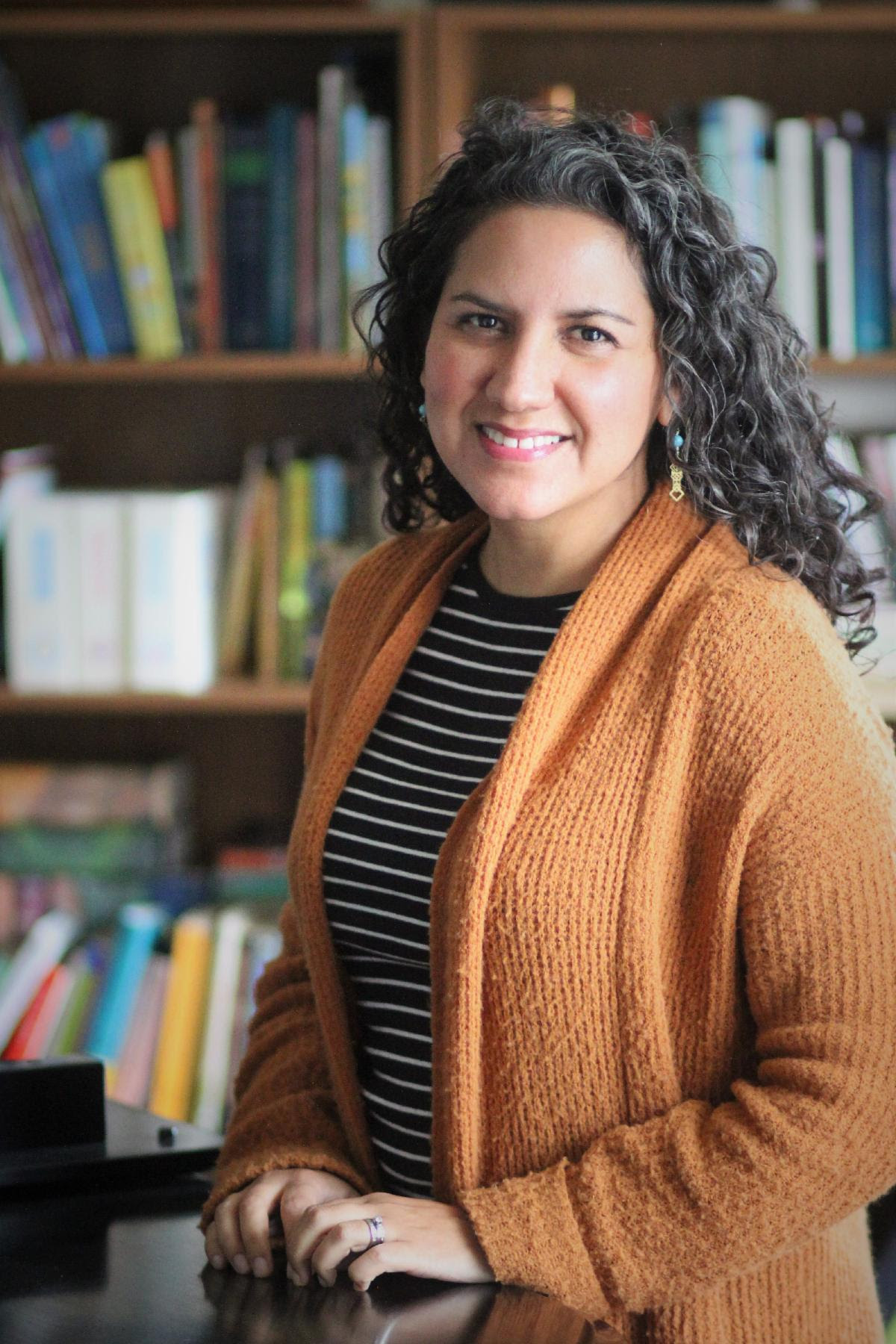



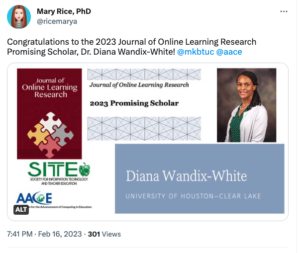
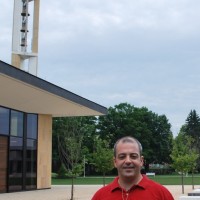



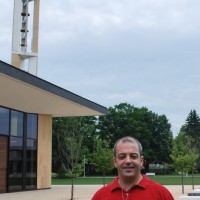


![[Spring Webinars] Interactive sessions with practical examples, Q&As and more!](https://platoaistream.com/wp-content/uploads/2023/03/spring-webinars-interactive-sessions-with-practical-examples-qas-and-more-300x75.png)
